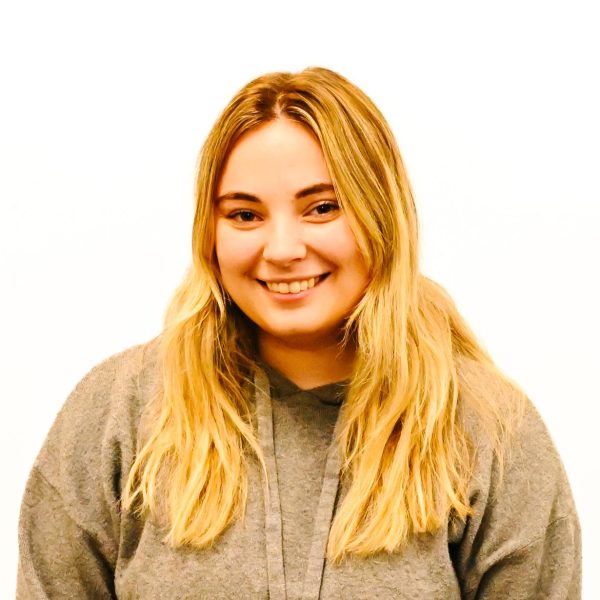The department of Student Equity, Access and Success is one of the reasons I chose to commit to UMass Boston; the principles behind programs like the Ross Center and U-Access represent what this university should stand for. It is, without a doubt, one of the most valuable departments here.
Tuition increases may be on the way again—according to the official UMass Boston budget fiscal year 2024, which encompasses the 2024-2025 school year, tuition will be increased by 2.5 percent for in-state undergraduates and 3 percent for all out-of-state and graduate students [1]. The least UMass Boston could do is reinvest in its students and in programs that aren’t just fluff.
Part of this reinvestment must come from the new Vice Provost. Although it hasn’t been well advertised, the candidates for this position, which opened at the beginning of the fall semester [2], have been narrowed down to three finalists: Dr. David Graham, Dr. Hitesh Kathuria and Dr. Barbara Hong.
All three candidates hosted Zoom meetings where they could respond to student questions. While I was unable to attend these meetings and ask candidates questions personally, every finalist’s Curriculum Vitae was included alongside the link to their meeting. Each CV, presumably, should paint a well-rounded picture of their respective subject—the point of a resume is to demonstrate your character and skills
Graham, who has an Master of Science in Sport Management and a PhD in Higher Education Administration, describes himself in his CV as an “Inspirational communicator of strategic vision, engaging stakeholders and establishing partnerships to facilitate undergraduate student success efforts university-wide,” with a “proven track record in cultivating resources from corporate partners, philanthropic foundations, individual donors, and government agencies.” [3]
Every skill and experience Graham lists is barely focused on student wellness. To his credit, his work experience does include similar positions at other public universities, such as his position as assistant vice provost of Ohio State’s Office of Student Academic Success. However, nearly all of his highlights talk about how he oversaw high retention rates and, more importantly, fundraising efforts. The last thing UMass Boston needs is another person who’s going to run this school like a corporation instead of an academic institution.
Kathuria has an equally impressive resume. With a PhD in Biochemistry and Molecular Biology, Kathuria was involved in plenty of scientific research and curricula; from there, it seems that she moved into a more managerial role in the Connecticut State Colleges and Universities system. Her CV is undoubtedly remarkable, but most of her experience seems more academic and less inclusivity-oriented [4].
For me, the choice is obvious: Hong not only has the credentials for the job, but crucially, her experience stems from special education and inclusivity. Hong worked her way up from a Bachelor of Science in Special Education, a Master of Education specializing in “Instructional Practices for Diverse Learners,” and finally, a PhD in Disability Studies from Columbia University [5]. What better candidate could there be to head up the Ross Center for Disabilities?
Every highlight from her previous positions reflect the values that Hong is showcasing: diversity, inclusion and acceptance. She emphasizes in her CV that she was Vice President for Student Success at San Antonio College, effectively the exact same programs that make SEAS so worthwhile: academic advising, veteran affairs, Title IX, disability services and an advocacy center, among dozens of other programs. Hong also highlights that this institution mainly serves low-income, first-gen Hispanic students—an important qualification, considering UMass Boston’s position as one of the most diverse schools in the country.
It’s not that Kathuria and Graham are underqualified. Both candidates have plenty of experience and qualifications for the Vice Provost position. However, compared to Hong and her nearly 30 years of experience in special education and diversity initiatives, both seem woefully unprepared. As UMass Boston limps toward true anti-racism on campus, Hong could be the next step in preserving one of the only truly selfless departments.
SOURCES:
[1] https://www.umb.edu/media/umassboston/content-assets/budget/operating-budget/FY24-Operating-Budget-Narrative-FINAL.pdf (page 15)



